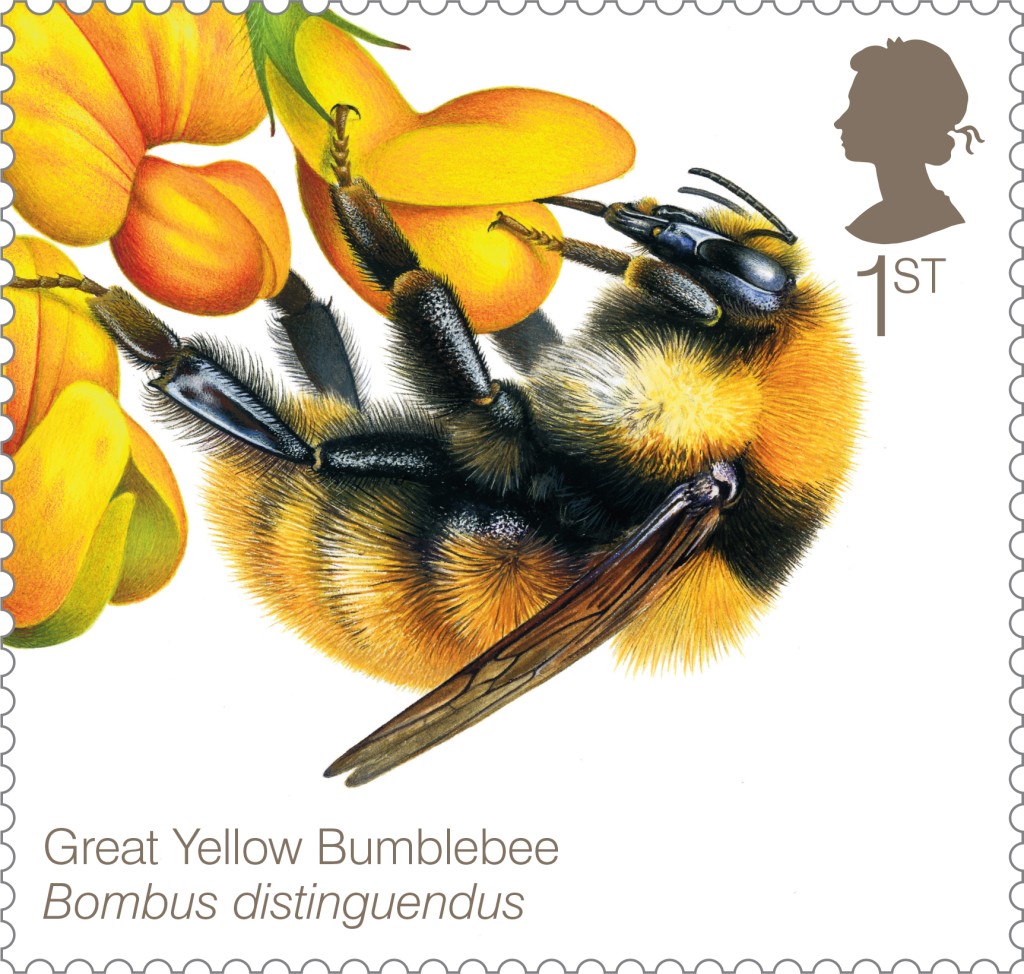Neonicotinoids are implicated in bee declines and laboratory studies imply that they impair the bee immune system, thereby precipitating a rise in pathogen levels. To establish whether such synergisms reduce bee performance in real-world agricultural landscapes, we analysed the microbial composition of the bumblebee (Bombus terrestris) samples from our recent landscape study on the impacts of field-level clothianidin exposure. We related clothianidin exposure and microbial composition to both individual- and colony-level performance parameters, to better understand the direct and indirect mechanistic effects of neonicotinoid exposure on bumblebees. We show that exposure to clothianidin from seed-coated oilseed rape reduces bumblebee size and numbers, particularly of reproductives. However, exposure does not affect the levels of non-pathogenic bacteria or viruses, nor induce rises in the levels or virulence of intracellular parasites. We conclude that field exposure to the neonicotinoid clothianidin affects bumblebee performance but generally not their pathogenic or beneficial microbiota.
Source:
Dimitry Wintermantel et al. Field-level clothianidin exposure affects bumblebees but generally not their pathogens. Nature Communications volume 9, Article number: 5446 (2018)
https://www.nature.com/articles/s41467-018-07914-3

- Login om te reageren
